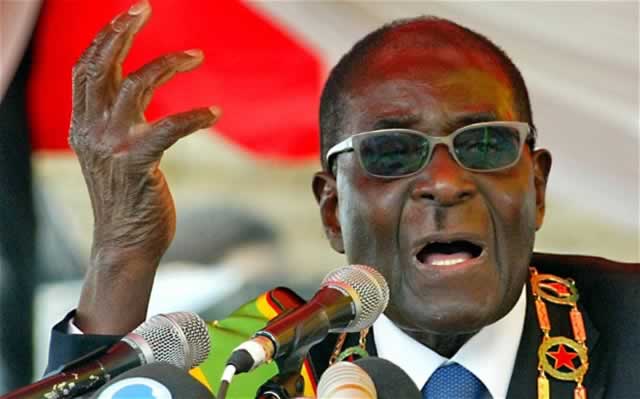- WICKNELL CHIVAYO left school at 15
- DISGRUNTLED Zimbabwe police stage uniform protest.
- MNANGAGWA wife Auxillia drops charges against nine women who boed her in Manicaland
- O.J. Simpson dies of cancer , aged 76.
- South Africa ANC is the cause of ZIMBABWE troubles claims Zimbabwe opposition politician Job Sikhala
Are Zimbabwe’s Estimated Sixty To Eighty Opposition Parties Simply Driven By Chance And Greed?-Analyst

ZIMBABWE’s oppressive political system is often regarded as an affront to the painstaking search for elusive democracy under long serving President Robert Mugabe and his Zanu PF party.
However, the continued surge in the number of political parties currently being formed has presented a false sense of a multi-party system which allows citizens vast choices.
Pre-July 2013 elections, there were 28 of them in the Zimbabwe Electoral Commission (ZEC)’s data base.
Two years later, they are said to be 44 with unconfirmed claims the number has now surged to 80 plus.
Most of them have often claimed a followership running into millions although they have never been heard of before or are simply “briefcase” parties run by “cell phone” politicians based abroad.
This begs the question: are they in it through principle and a desire to advance the country’s democratic course or they are just driven by chance and greed?
Election Resource Centre director Tawanda Chimhini feels the proliferation of political parties is welcome in that it creates vast political choices for ordinary Zimbabweans but regrets the spirit within which the parties are being created.
“It is not something that we should necessarily celebrate,” Chimhini said in an interview with NewZimbawe.com.
“Their formation is not in the least driven by any urge to satisfy democracy as it were; they are extensions of other parties, formed for selfish interests, often one man bands, no vibrant internal democracy and no structures.
“There has been no emphasis in building proper political parties in Zimbabwe; it’s just about ‘we do have a political party’ and one saying ‘I want to stand for election’.
Currently, Zanu PF, MDC-T and MDC have a traceable support base.
MDC-T offshoots, PDP led by Tendai Biti and Elton Mangoma’s RDZ joined by ousted VP Joice Mujuru’s People First and Simba Makoni’s Mavambo/Kusile, all have a credible claim to national appeal although yet to prove this through polls.
“People want power, people want recognition,” Chimhini added, “It is about the convenience of participating in the elections.”
Similarly, Harare-based political analyst Kudzai Kwangwari concurs, saying the multiple parties did not necessarily add up to multi-partism.
“It is important that the formation of these parties be motivated by real political philosophy and ideology. Only then can we say multi-partism,” he said.
“Without that it is just greed and selfishness. At the end of the day there is no substance but just various names retaining the same principles, philosophy and ideology. That is why the traits of bigger parties are reproduced in emerging ones.”
However, Elton Mangoma said people must not bunch parties like his with the rest of the mushrooming ones he said have no ideological foundation and only existed for election purposes.
“There are political parties that work with the people and those that exist on paper,” Mangoma said.
“Multi-party democracy in Zimbabwe has always seen parties come and go. As far as we are concerned, we are a party that is waiting to govern; we are a party that is represented in every corner of the country and there are very few parties like that.”
Mangoma denied the recent formation of his own party had anything to do with power and greed adding that they were ideologically inclined towards the so-called modern nationalism which he says combines the aspirations of the country’s founding fathers and those of the current generation. source-newzimbabwe